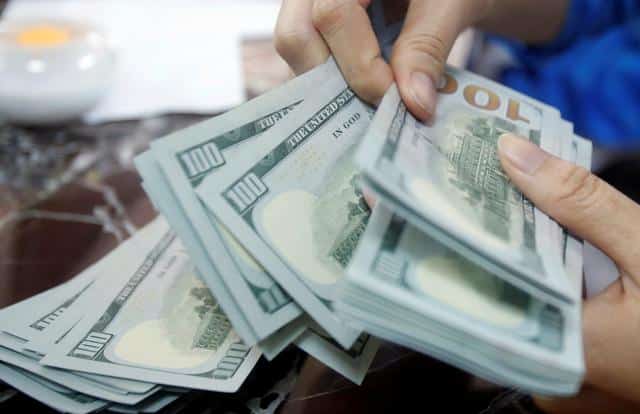By NewsBits
Data obtained from the website of the Central Bank of Nigeria on Sunday revealed that Nigeria’s educational sector suffered massive capital flight during the regime of President Muhammadu Buhari.
Specifically, using the CBN’s balance of payment statistics, Nigerians have spent a hefty sum of $3.5billion on foreign education in the past seven years (June 2015 to August 2022).
Education in Nigeria, most especially in the tertiary education sector, has been marred by industrial actions by unions such as the Academic Staff Union of Universities and the Academic Staff Union of Polytechnics. Recently, academic activities in Nigerian universities, polytechnics and colleges of education were grounded for months in 2022.
According to the CBN data gathered from amount spent on educational services under the sectoral utilisation for transactions valid for foreign exchange, a sum of $375.99 million was released by the apex bank between June 2015 and December 2015,
Further analysis of the data revealed that a total of $269.1 million was released in 2016. There was a huge leap in 2017 when the apex bank disclosed that a total of $514.16 was released for foreign education. In 2018, a total of $546.78 was released.
For 2019, there was a huge decrease as the bank released $197.52 million. It was also noted that $270.42 million was released in 2020 amidst the coronavirus pandemic. There was a huge leap in 2021 as the bank recorded a total of $720.05 million released for same purpose.
So far in 2022, only the data from January to August has been made available which revealed that a total of $609.5 million has been released so far.
The data from the apex bank revealed that Nigerians remitted more than $3.5 billion to foreign academic institutions under Buhari without significant reciprocity in the form of inflows from foreign sources to the local education sector.
The huge net dollar outflows have dual adverse effects of underinvestment in domestic education and creates pressure on the naira exchange rate, economists said. The high demand for dollars to pay foreign educational institutions affects Nigeria’s foreign reserves and contributes immensely to piling pressure on the exchange rate.





